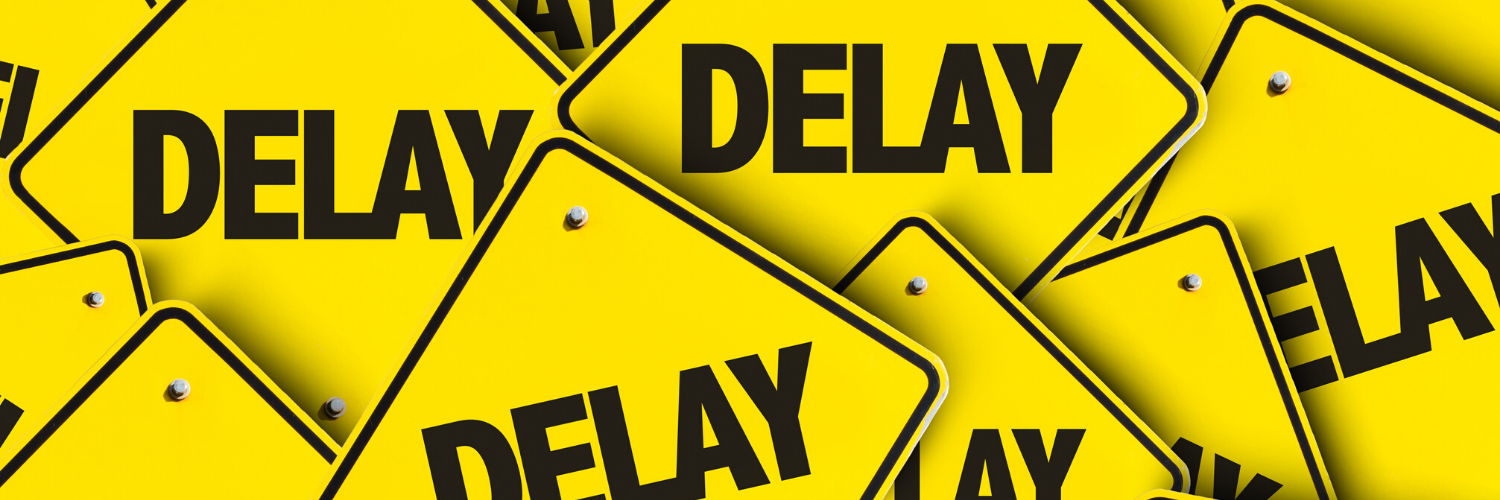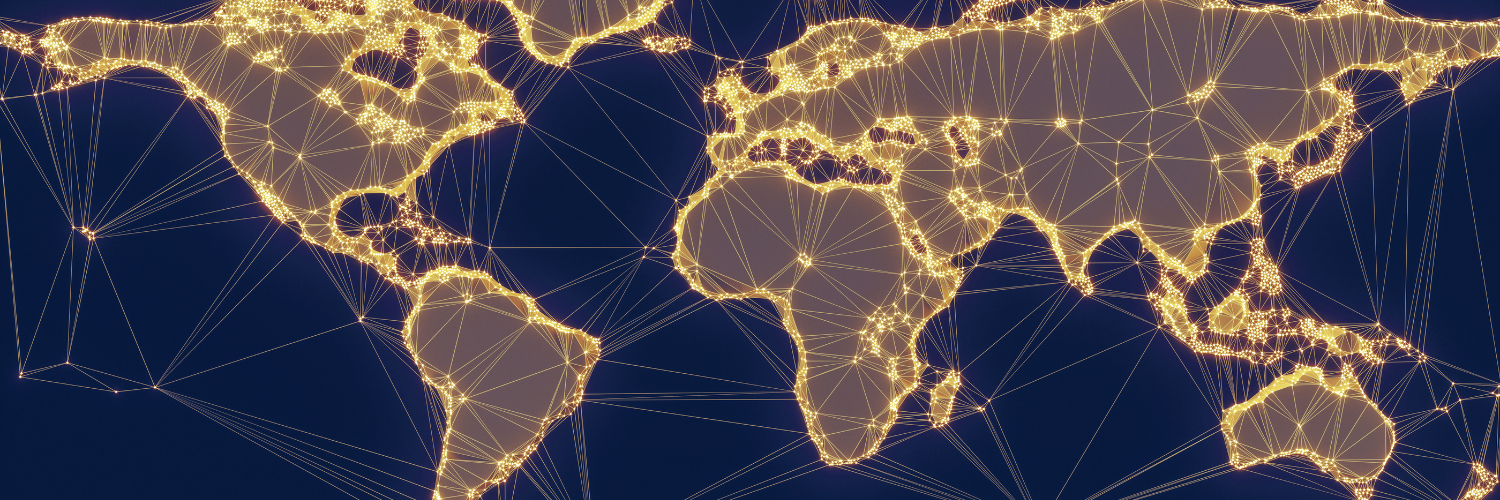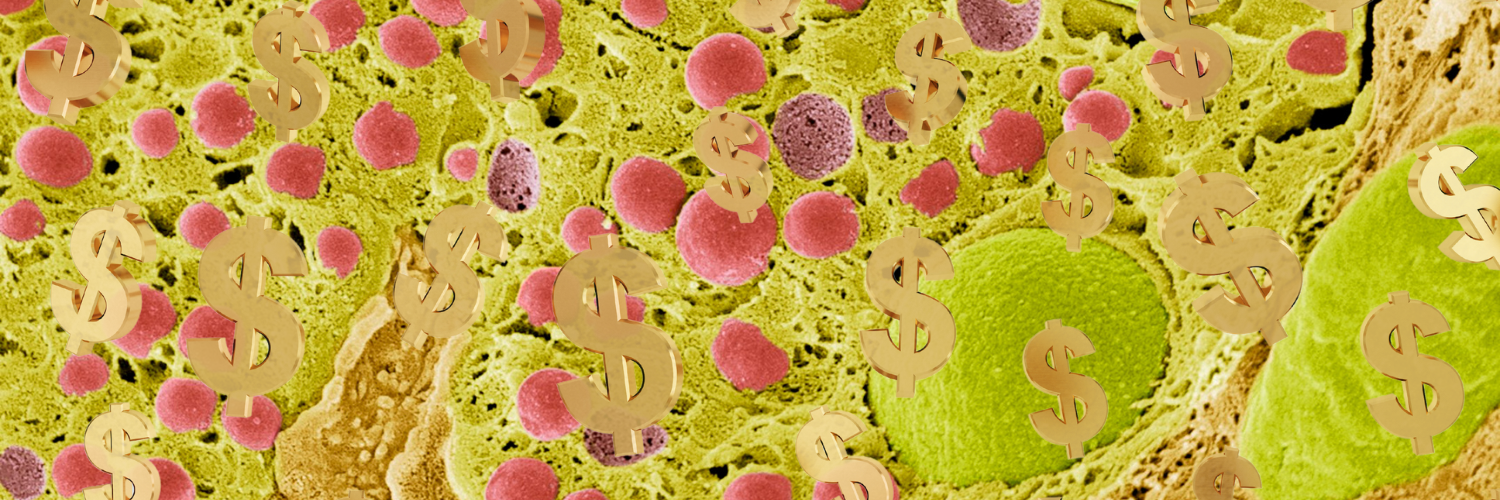How does coronavirus affect Canadian and international online pharmacy shipping?

In the face of the global coronavirus pandemic, we are all trying to do our best to adjust to the new, although hopefully temporary, normal. Online pharmacies included! Unfortunately, along with the head-scratching mass rush for toilet paper comes the more understandable panic to stock up on maintenance medication. On that front, we at PharmacyChecker are proud of our track record of accrediting safe Canadian and other international online pharmacies. These online pharmacies meet high standards of pharmacy practice, processing prescription orders with licensed dispensing pharmacies and pharmacists upon receipt of valid prescriptions.
PharmacyChecker-accredited pharmacies have been inundated with a higher volume of calls, general demand, staff changes due to social distancing, etc. Due to varying regulations that affect mail-order supply and distribution in addition to drug shortages reported on specific medications, there are both significant backorders and shipping delays. Some international online pharmacies are quoting a 6-8 week wait. Others will not allow you to order more than a 30-day supply.
Transparency and good communication are always important when it comes to buying your prescription medicine online. During such a difficult time, these practices are perhaps even more critical. If you elect to order medication through an accredited online pharmacy, we encourage you to inquire as to if your medication is on backorder or will face shipping delays due to the coronavirus. This applies whether you are ordering from your pharmacy benefit manager's mail-order pharmacy or PharmacyChecker-accredited international online pharmacy.
International Online Pharmacy Coronavirus Changes
For those of you buying medicines internationally during the pandemic, there are important developments that are hindering smooth access to lower cost medicines of which you should be advised. At this time, for instance, the Canadian province Manitoba has imposed 30-day supply restrictions for dispensing prescription medication. New Zealand is requiring all community pharmacists to limit dispensing of all funded medications to one month.
Some customer service offices have been relocated to homes and telephone communication is limited (i.e., will get back to customers within 24 business hours). Pharmacist consultations are still available for customers.
Australia has imposed 30-day supply restrictions for dispensing prescription medication.
In the UK and India, shipping times have been reported to be as long as an 8-week wait. New Zealand pharmacy options may be limited and some have been temporarily removed.
India is on a national lockdown until May 3rd, 2020 as of this writing. Additionally, the export of paracetamol, chloroquine and hydroxychloroquine for personal use has been banned and can be exported only to foreign governments.
Pharmacies in Mauritius approved in the PharmacyChecker Verification Program, under social distancing restrictions, can only maintain limited staff, creating serious dispensing volume delays. Additionally, air cargo traffic in and out of Mauritius is under suspension until May 15th, 2020.
Pharmacies in Turkey are encountering delays in shipping and delivery due to flight restrictions.
Advice during this time of major delays and supply restrictions for those who buy medication internationally:
1. Only buy from online pharmacies accredited by PharmacyChecker or other reputable credentialing organizations.
2. Look carefully for announcements by online pharmacies about new shipping times to gauge how much longer you may wait for your meds.
3. For any amount of time you’ll be out of meds until the arrival of your online pharmacy order, purchase medication at a local pharmacy. If you are uninsured, we suggest you try the U.S. Prescription Discount Card, which is accepted at most U.S. pharmacies.:
Advice about buying your meds locally in the U.S. and staying safe
Ensuring the health and safety of yourself or loved ones during the global pandemic means making sure that you have the medications you need while adhering to public health rules for social distancing. To make sure you are doing this, ask yourself “Do I have at least a 30-day supply of my chronic medications in the house right now?”
Dr. Shivam Patel, Director of the PharmacyChecker Verification Program, says if the answer is no, call up your local pharmacy and tell them you would like to obtain your prescriptions today. If possible, find a pharmacy with delivery or drive-through options. If you must go into the pharmacy, wear a mask or other face-covering and gloves, and pick up your prescriptions safely. Practice good hand hygiene as soon as you come back home by washing your hands immediately for 20 seconds.
If someone else is picking up your medication, provide that person with your full name, date of birth, and address, in addition to the names of your medications to ensure their trip to the pharmacy goes smoothly. If they don’t have this information, then you might not get the medication. If the medication is a controlled substance, then some states might not allow another person to pick it up. If your state does allow it, then make sure they bring their own valid government-issued ID.
If you have health insurance, call your provider to see if you are able to get a 3-month supply of your medications through mail-order. Just as in the case of accredited online pharmacies, ask how long it will take to ship. There may be delays in local services as well due to the coronavirus.
Most health insurance plans allow for early refills of non-controlled medications during an emergency. Speak to your local pharmacist for the fastest way to get your meds.
Read our post: Can a pharmacy fill a prescription early?
Can I get COVID-19 from touching my medicine bottle or packaging?
The risk is very low. If you touch any object or surface that has the virus on it and then proceed to touch your nose, mouth, eyes and face, you increase your risk of contracting COVID-19. However, transmission mostly occurs when an infected person sneezes, coughs, or talks, which spreads respiratory droplets to others. So, is it theoretically possible to get infected by touching your medicine bottle or packaging? Yes, but highly unlikely. Whatever the case, don’t let this deter you from taking essential medications. To be super safe, you can wipe down the outside of a package or bottle with a disinfectant before you open it. Then, yes, wash your hands!
Read more on how to protect yourself from COVID-19 here.
FDA Seizures of Mail-order Prescriptions Increase in the Time of Coronavirus
Counterfeit Chloroquine Doesn’t Treat Covid-19; Does Genuine Chloroquine?




